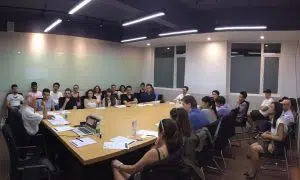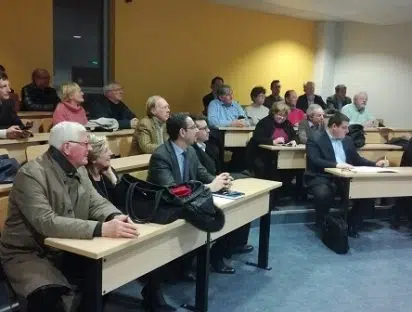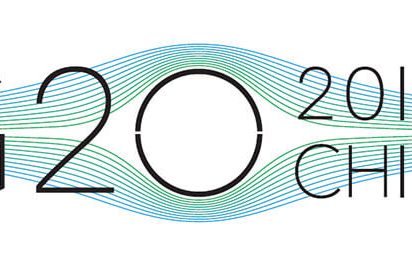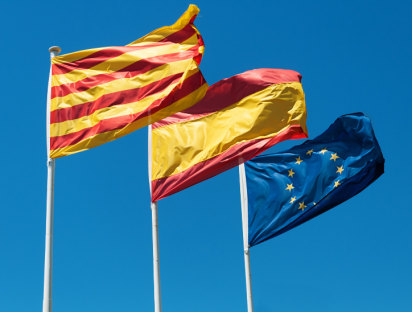For the 19th Shanghai Social Studies Colloquium, held on 13 September 2017, ESSCA School of Management had the pleasure to welcome Xavier Nuttin, Senior Analyst in the Policy Unit of the Directorate General for External Relations of the European Parliament, for a discussion of suitable frameworks of cooperation between China and the European Union (EU).

While Europe is recovering from its so-called ‘existential crisis,’ it looks into the future with optimism, as the economic situation is gradually improving and the rise of populism has been stopped for the time being judging by the elections in Austria, the Netherlands and, most importantly, France. As for Brexit, not having to convince any more the reluctant British polity may ultimately prove to facilitate European integration as exemplified by new security policy initiatives that are currently being implemented. Further integration in the Common Security and Defence Policy is highly welcomed, Nuttin emphasized. Trade and investment relations are important, but the EU needs to go beyond economic issues, he argued.
In terms of possibilities for the EU and China to work together, Xavier Nuttin highlighted areas such as global governance. The EU believes in the rules-based international order and China is very much a proponent of this policy as well. The key question however will be who is going to set these rules? China and the EU have today similar views on environmental problems, free trade, the necessity to oppose protectionism and work on collective projects. In that sense, Nuttin expressed the hope that both sides wish to go in the same direction, but cautioned that they are not quite there yet.
The topic caused a lively discussion focusing on ‘double-standards’, for example when China’s initiative to provide more naval support for free navigation may be interpreted as the establishment of a new institutional environment rather than an attempt to move away from the image of ‘free rider’ of globalisation. Instead of understanding China’s engagement in world affairs as a contribution to stability in international affairs, its political and economic assertiveness can also be seen as questioning the existing world order. President XI Jinping’s heralding of free trade at the Davos World Economic Forum in 2017 points out possible avenues of cooperation between China and the European Union. Both partners agree on the necessity of free trade and the realisation that protectionism may hurt economies on either side of the Eurasian Landmass.
Reported by Oleksandra Zavertailo, assistant to the ESSCA Shanghai Programme Director.
On previous editions of the Shanghai Social Studies Colloquium, click here, here, here or here.




